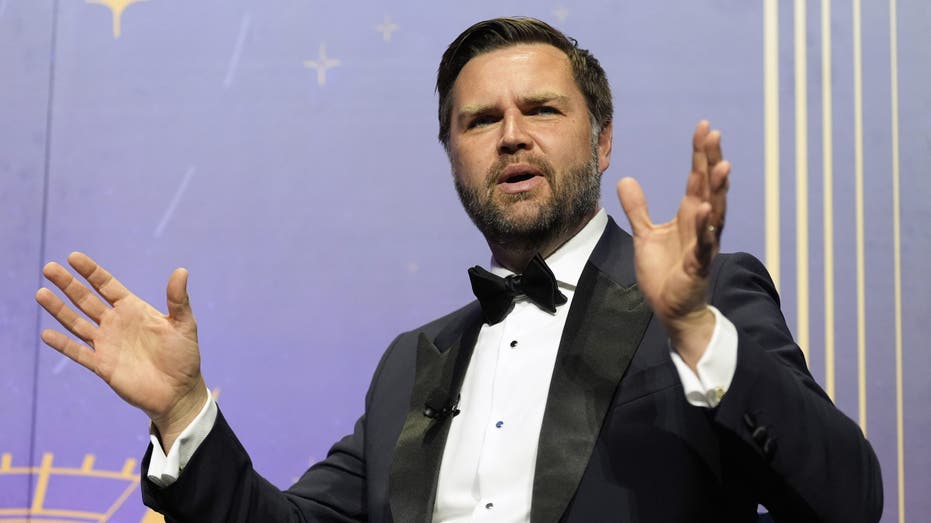Vance Slams Harvard Over 'Ideological Diversity,' Compares Campus Environment to North Korea
Vice President JD Vance likened Harvard University to North Korea in a fiery critique of its intellectual diversity.

Vice President JD Vance sparked controversy this week after sharply criticizing Harvard University for what he called a lack of “ideological diversity,” making comparisons between the Ivy League institution and authoritarian regimes. Speaking at an event in Washington, Vance asserted that “probably” 95% of Harvard’s faculty had supported former Vice President Kamala Harris in the 2024 election—an estimate he openly admitted was not based on concrete evidence.
“If you ask yourself about a foreign country’s election and 80% of the people voted for one candidate, you would say, ‘That’s kind of weird, right? That’s not a super healthy democracy,’” Vance remarked, drawing a stark parallel. He added, “If you said, ‘Oh, 95% of people voted for one party’s candidate,’ you would say, ‘That’s North Korea… That is impossible in a true place of free exchange for that to happen.’” His comments come amid intensifying scrutiny of elite academic institutions from both the Trump administration and key Republican figures.
The administration’s ongoing feud with Harvard intensified last October after a series of high-profile incidents of bias targeting Jewish students brought campus climate issues into the national spotlight. In response, federal officials have pressed Harvard to enact sweeping changes to its governance and admissions processes. The demands include not only new protections against antisemitism but also far-reaching reforms touching on broader matters of campus organization and philosophy.
Harvard University President Alan M. Garber addressed the escalating conflict in a letter earlier this year. According to Garber, the administration’s list of required reforms expanded well beyond antisemitism concerns and sought “direct governmental regulation of the ‘intellectual conditions’ at Harvard.” The proposals outlined government audits of the views held by members of the university community and called for the abolition of all diversity, equity, and inclusion (DEI) programs at Harvard—measures which Garber said would violate constitutional principles.
“It makes clear that the intention is not to work with us to address antisemitism in a cooperative and constructive manner,” Garber wrote, emphasizing that Harvard would refuse to comply with the administration’s new stipulations. The standoff has grown increasingly acrimonious, with federal officials threatening to withdraw over $100 million in contracts and freezing $3.2 billion in grants and contracts previously promised to the school.
The White House has continued to criticize Ivy League institutions for what it described as “egregious illegal behavior,” insisting that meaningful reforms are necessary to protect students and ensure compliance with federal law. Meanwhile, Harvard administrators maintain their stance that many of the requested reforms cross a constitutional line, setting the stage for a potentially protracted legal and political battle.




